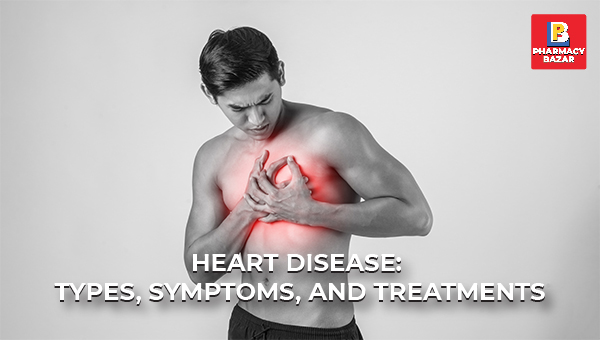UNDERSTANDING HEART DISEASE: TYPES, SYMPTOMS, AND TREATMENTS
Apr 10, 2023
Heart disease, also known as cardiovascular disease, refers to a range of conditions that affect the heart and blood vessels. It is a leading cause of death worldwide and can result in serious health complications if left untreated. In this article, we will explore the causes, types, symptoms, diagnoses, and treatments of heart disease.
CAUSES OF HEART DISEASE:
Several factors can increase the risk of developing heart disease, including:
- High blood pressure
- High cholesterol levels
- Smoking
- Diabetes
- Family history of heart disease
- Obesity
- Lack of physical activity
- Unhealthy diet
Types of Heart Disease:
Coronary Artery Disease (CAD): This is the most common type of heart disease and occurs when the arteries that supply blood to the heart become narrow or blocked.
Heart Failure: This occurs when the heart is unable to pump enough blood to meet the body's needs.
Arrhythmia: This refers to abnormal heart rhythms that can cause the heart to beat too fast, too slow, or irregularly.
Valve Disease: This occurs when the heart valves become damaged or diseased and are unable to properly regulate blood flow.
Cardiomyopathy: This is a condition that affects the heart muscle, causing it to become thick or rigid, making it harder for the heart to pump blood effectively.
Symptoms of Heart Disease:
The symptoms of heart disease can vary depending on the type of disease, but some common symptoms include:
- Chest pain or discomfort
- Shortness of breath
- Fatigue or weakness
- Dizziness or lightheadedness
- Swelling in the legs, ankles, or feet
- Rapid or irregular heartbeat
- Nausea or vomiting
- Diagnosis of Heart Disease:
To diagnose heart disease, a doctor may perform several tests, including:
Physical Exam: The doctor will examine the patient's chest, listen to their heart and lungs, and check for any signs of heart disease.
Blood Tests: Blood tests can help identify risk factors for heart disease, such as high cholesterol levels or diabetes.
Electrocardiogram (ECG): This test records the electrical activity of the heart and can detect abnormal heart rhythms.
Echocardiogram: This test uses sound waves to create images of the heart and can help detect valve disease or abnormalities in the heart's structure.
Cardiac Catheterization: This test involves inserting a thin tube into a blood vessel in the groin or arm and threading it up to the heart to check for blockages in the arteries.
TREATMENTS OF HEART DISEASE:
The treatment of heart disease depends on the type and severity of the disease. Some common treatments include:
Lifestyle Changes: Adopting a healthy lifestyle, including regular exercise, a healthy diet, and avoiding tobacco and excessive alcohol consumption, can help prevent and manage heart disease.
Medications: Medications, such as blood thinners, cholesterol-lowering drugs, and blood pressure medications, can help manage the symptoms of heart disease and prevent further complications.
Procedures: In some cases, procedures such as angioplasty, stenting, or bypass surgery may be necessary to restore blood flow to the heart or repair damaged heart valves.
Devices: Devices, such as pacemakers or implantable defibrillators, can help regulate heart rhythms and prevent sudden cardiac arrest.
In conclusion, heart disease is a serious and potentially life-threatening condition that affects millions of people worldwide. Understanding the causes, types, symptoms, diagnosis, and available treatments of heart disease is crucial for managing and preventing heart disease. If you experience any symptoms of heart disease, it is important to seek medical attention.
DISCLAIMER: This article is the property of Pharmacy Bazar and is protected by copyright laws. The information provided in this article is for educational and informational purposes only and is not intended to be a substitute for professional medical advice, diagnosis, or treatment. Always seek the advice of a qualified healthcare provider with any questions you may have regarding a medical condition. Never disregard professional medical advice or delay in seeking it because of something you have read in this article. The author and publisher of this article do not endorse any specific treatments, procedures, or products mentioned in this article.
Recent Post
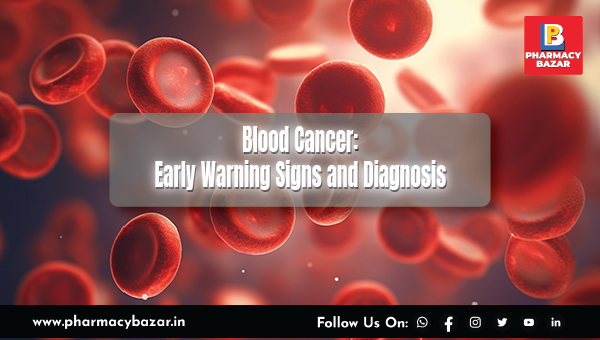
Blood Cancer: Early Warning Signs and Diagnosis
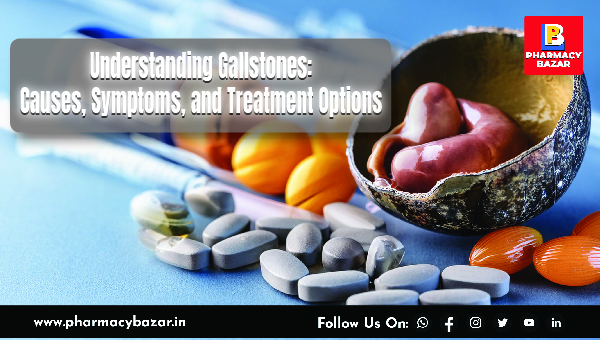
Understanding Gallstones: Causes, Symptoms, and Treatment Options
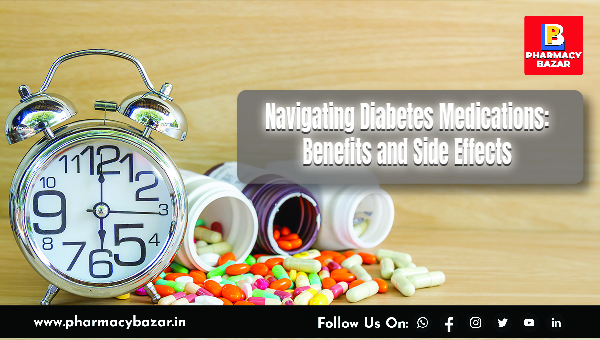
Navigating Diabetes Medications: Benefits and Side Effects

Revolutionizing Cancer Treatment: How Unleashing T Cells' Energy Could Transform Immunotherapy

The Power of Lower Back Stretches: Benefits and Best Yoga Asanas for a Healthy Spine
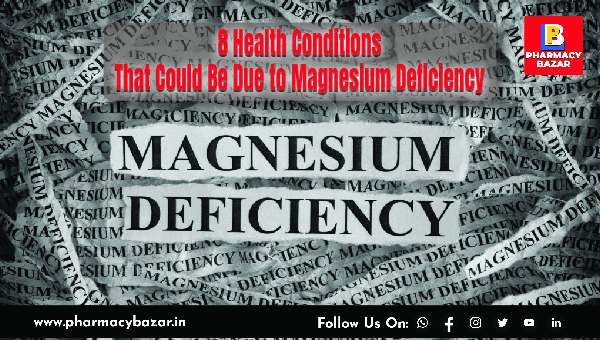
8 Health Conditions That Could Be Due to Magnesium Deficiency

Unlocking Brain Health: How Lifestyle Choices Impact Cognitive Functions

When Speech Takes a Surprising Turn: Unraveling Foreign Accent Syndrome

The Optimal Time to Take Your Vitamin D Supplement: Insights and Best Practices
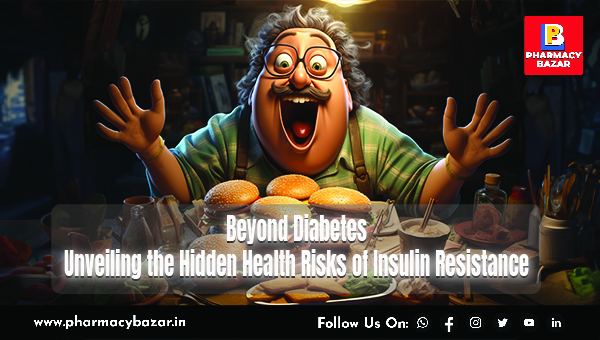
Beyond Diabetes: Unveiling the Hidden Health Risks of Insulin Resistance

